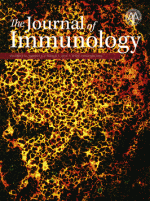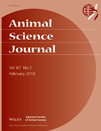

How easy is it to change people’s minds? In 2014, a Science study suggested that a short conversation could have a lasting impact on people’s opinions about gay marriage – but left readers disappointed when it was retracted only months later, after the first author admitted to falsifying some of the details of the study, including data collection. We found out about the problems with the paper thanks to Joshua Kalla at the University of California, Berkeley and David Broockman at Stanford University, who tried to repeat the remarkable findings. Last week, Kalla and Broockman published a Science paper suggesting what the 2014 paper showed was, in fact, correct – they found that 10-minute conversations about the struggles facing transgender people reduced prejudices against them for months afterwards. We spoke with Kalla and Broockman about the remarkable results from their paper, and the shadow of the earlier retraction.
Retraction Watch: Let’s start with your latest paper. You found that when hundreds of people had a short (average of 10 minutes) face-to-face conversation with a canvasser (some of whom were transgender), they showed more acceptance of transgender people three months later than people with the same level of “transphobia” who’d talked to the canvasser about recycling. Were you surprised by this result, given that a similar finding from Michael LaCour and Donald Green, with same-sex marriage, had been retracted last year? Continue reading “Science advances incrementally:” Researchers who debunked gay canvassing study move field forward

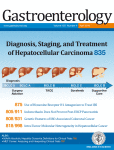

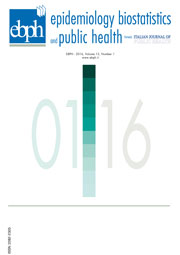
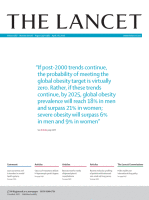 Since we reported Friday that multiple authors had asked to remove their names from a high-profile 2011 Lancet paper about a risky transplant surgery, a
Since we reported Friday that multiple authors had asked to remove their names from a high-profile 2011 Lancet paper about a risky transplant surgery, a 